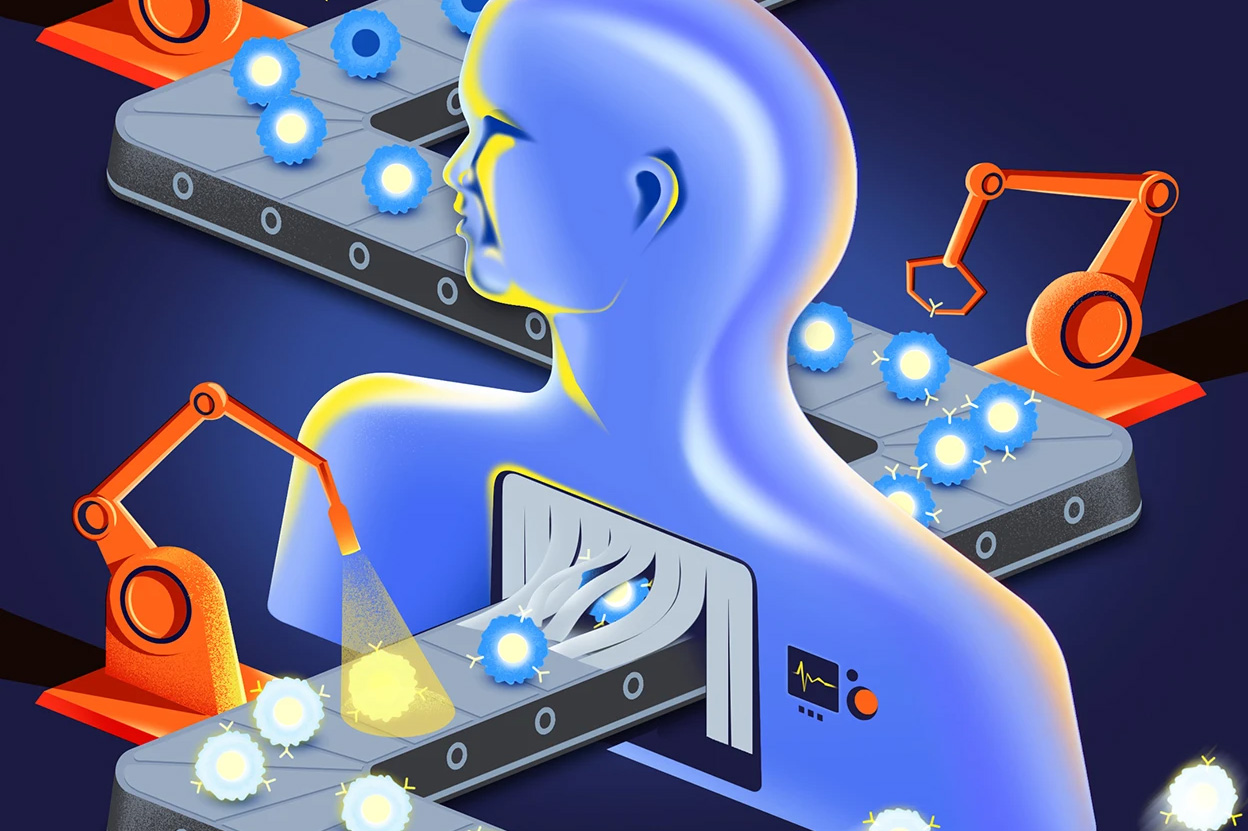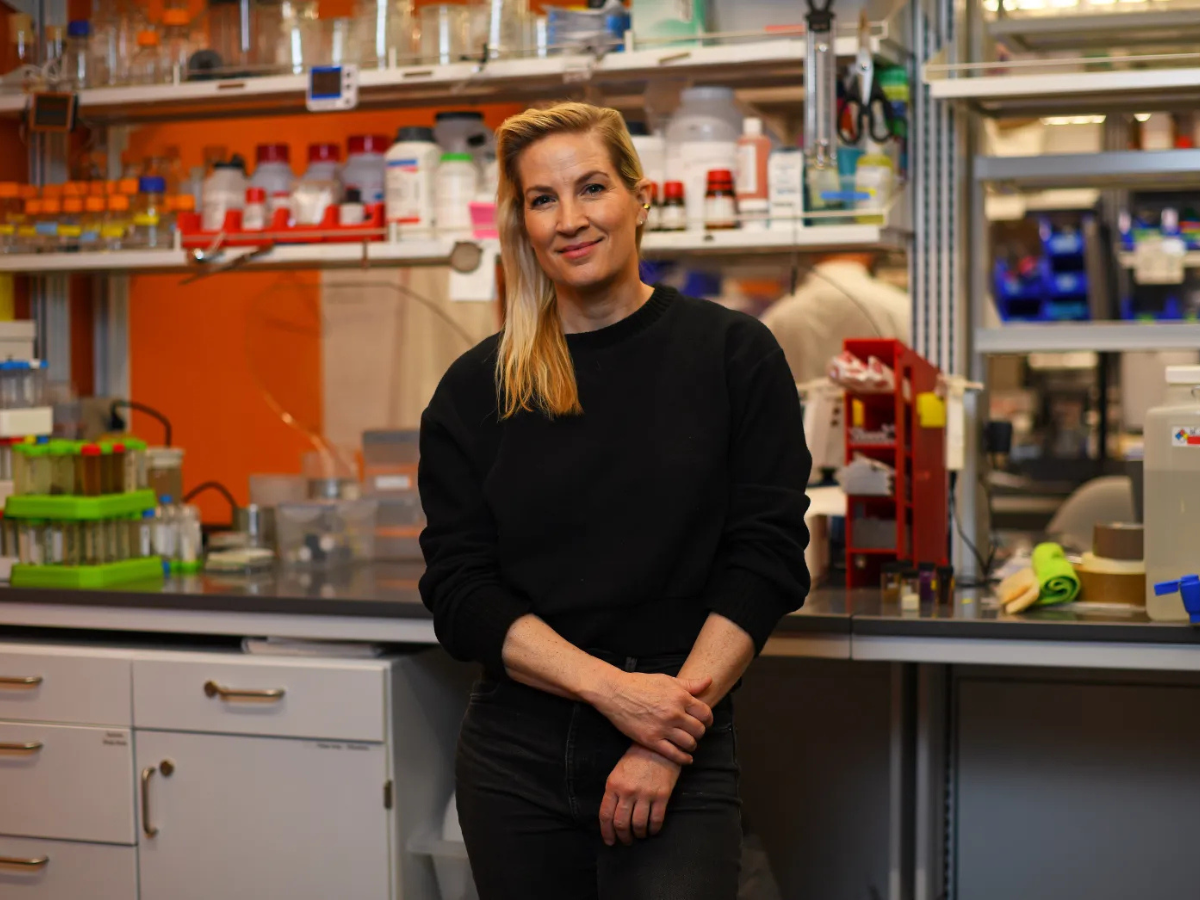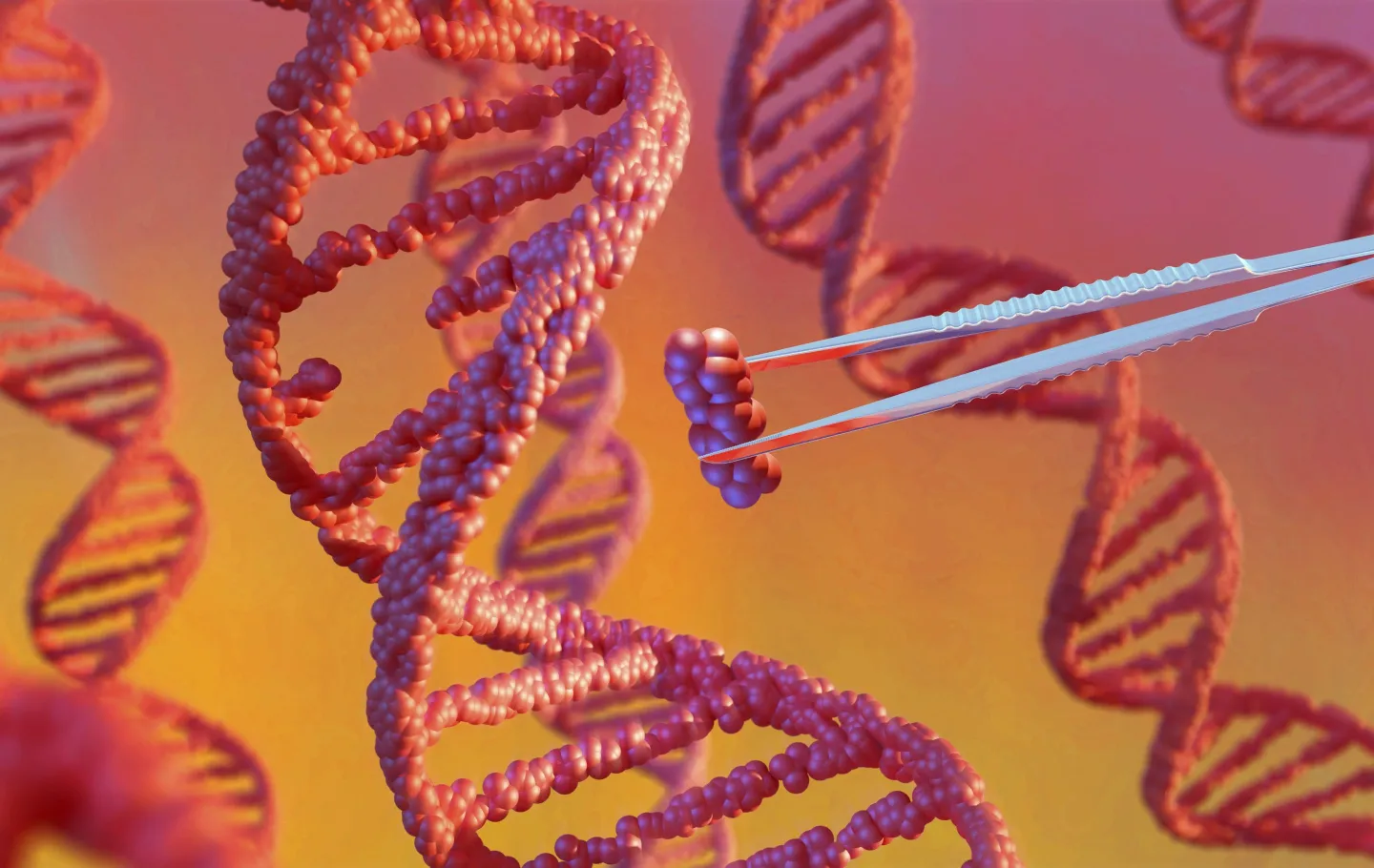HOPO Therapeutics wins up to $226M BARDA contract for heavy metal poisoning research
From the story by Katherine Lewin on Endpoints News
HOPO Therapeutics scored a government contract for up to $226 million to develop an oral countermeasure against radiological threats and heavy metal poisoning.
The funding from the Biomedical Advanced Research and Development Authority (BARDA) will go toward investigating HOPO-101 in registrational studies, including a planned submission to the FDA, as a treatment for radiological threats as well as studies in other heavy metals like lead.
According to the company, HOPO-101 would be the first oral treatment for people exposed to radioactive heavy metals like plutonium, americium and curium. In the event of a radiological or nuclear disaster, the company said treatment with a drug like HOPO-101 is the only “practical means to mitigate the risk of radiation poisoning.”
The drug works as a chelating agent; it binds to heavy metals and then can be excreted by the body. The current standard of care for radioactive poisoning is a slow IV infusion treatment.
“The job of the chelating agent is really to vastly accelerate how quickly the body will clear these heavy metals,” HOPO CEO and co-founder Julian Rees said in an interview.
In a disaster scenario, the standard of care is “extremely burdensome,” he noted.
While HOPO-101 is already in a Phase 1 trial in healthy volunteers that is separately funded by the National Institute of Allergy and Infectious Diseases, BARDA’s funding is expected to get the drug through early-stage and pivotal studies in heavy metal poisoning. The pivotal studies will be done in animal models instead of humans, though HOPO will also go through the pharmacology and safety studies in healthy volunteers.
The initial award is $9.4 million.
“The specific targets of what we will look at and what we believe we can address — this is something that that initial tranche of funding is designed to help us tackle — is to really understand what is the full scope of capability of this product, particularly on the non-radioactive side,” Rees told Endpoints News.
That will include investigating whether the pill could also work in poisonings with lead, mercury, cadmium and arsenic, all of which are heavy metals that are already in the environment. “Many of them don’t have good treatments, so that’s part of what that initial award is designed to address,” Rees added.





